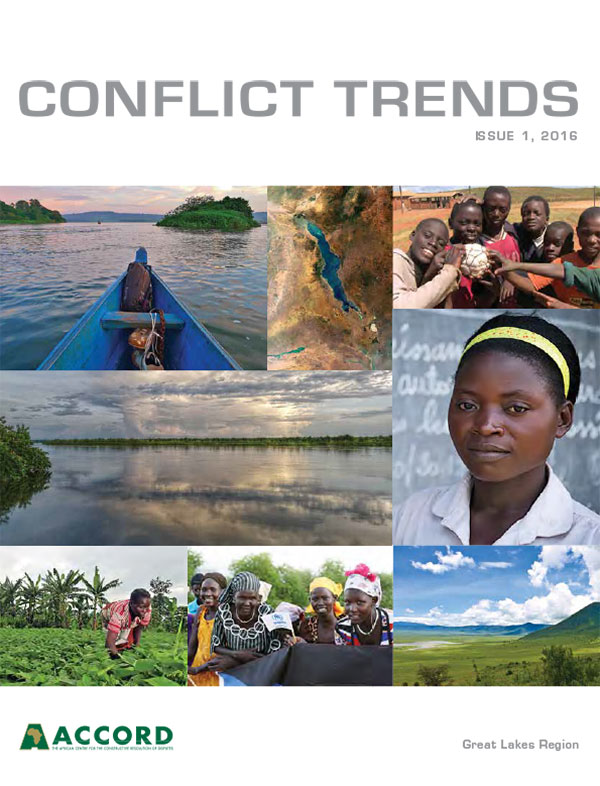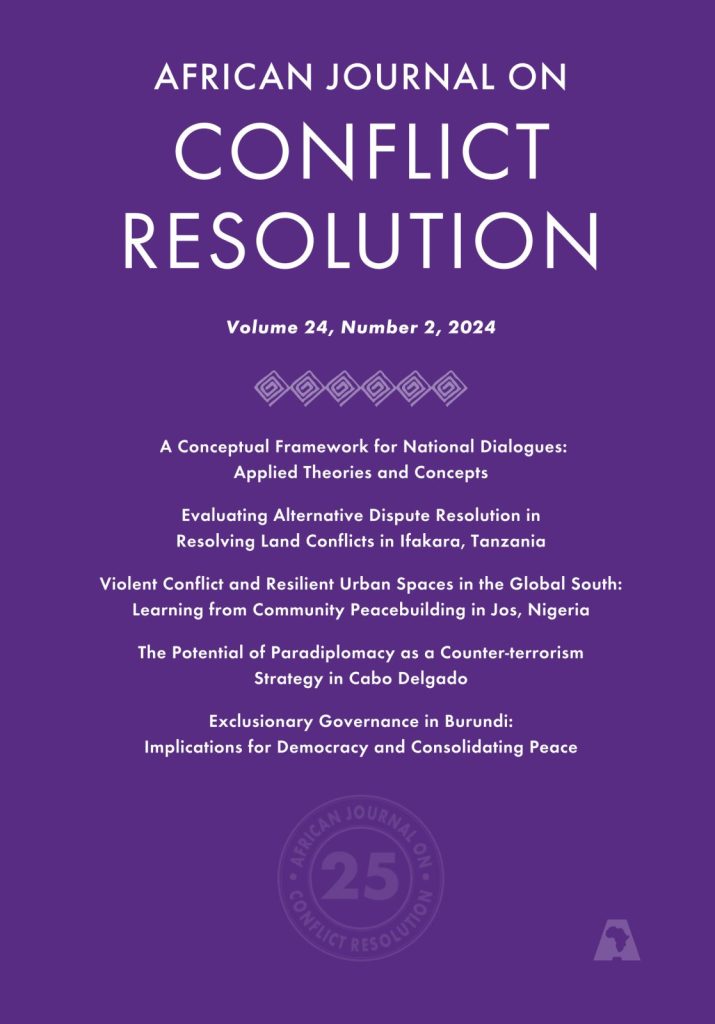
Exclusionary Governance in Burundi: Implications for Democracy and Consolidating Peace
This article discusses the effects of exclusionary forms of governance on democracy and peace with reference to Burundi’s post-Arusha electoral rivalries.

This article discusses the effects of exclusionary forms of governance on democracy and peace with reference to Burundi’s post-Arusha electoral rivalries.
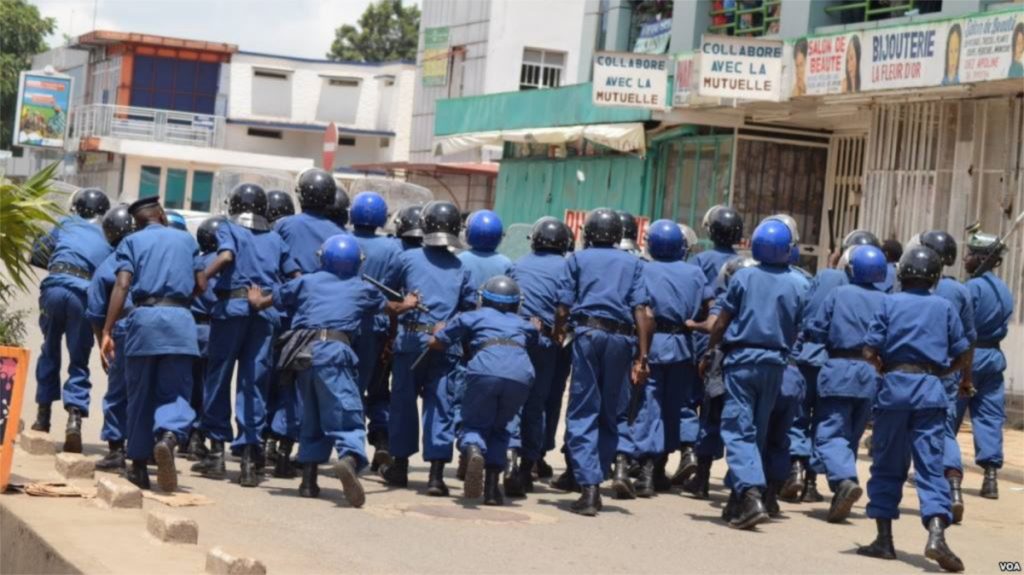
Key determinants of peace in post-conflict Burundi that also formed the basis of strenuous negotiations in Arusha are the ethnic quota system, power sharing, security sector reform, and transitional justice.
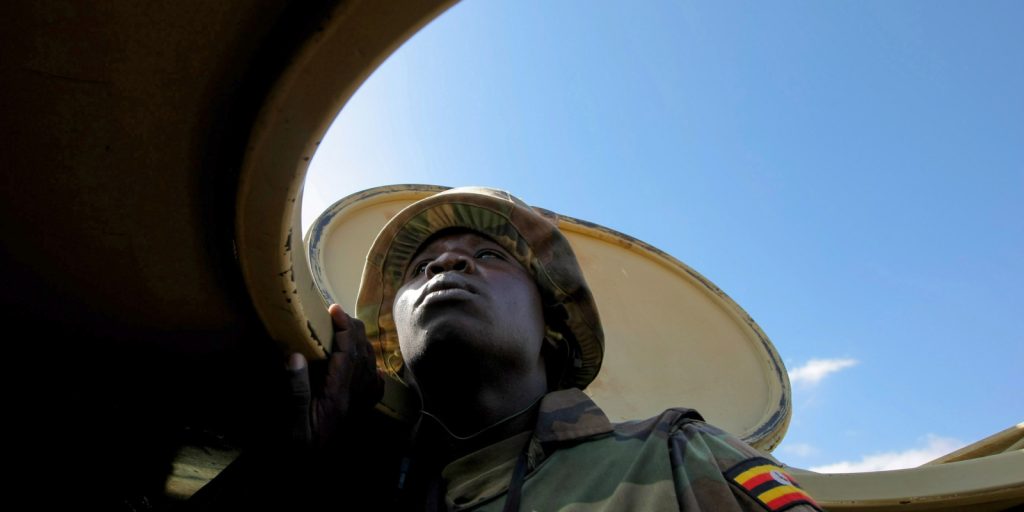
The East African region is to mobilise soldiers to work in cooperation with FARDC and administrative forces to support the political dialogue between rebels and the government, provide civilian protection, enforce peace agreements and contain, defeat and eradicate negative forces in the country
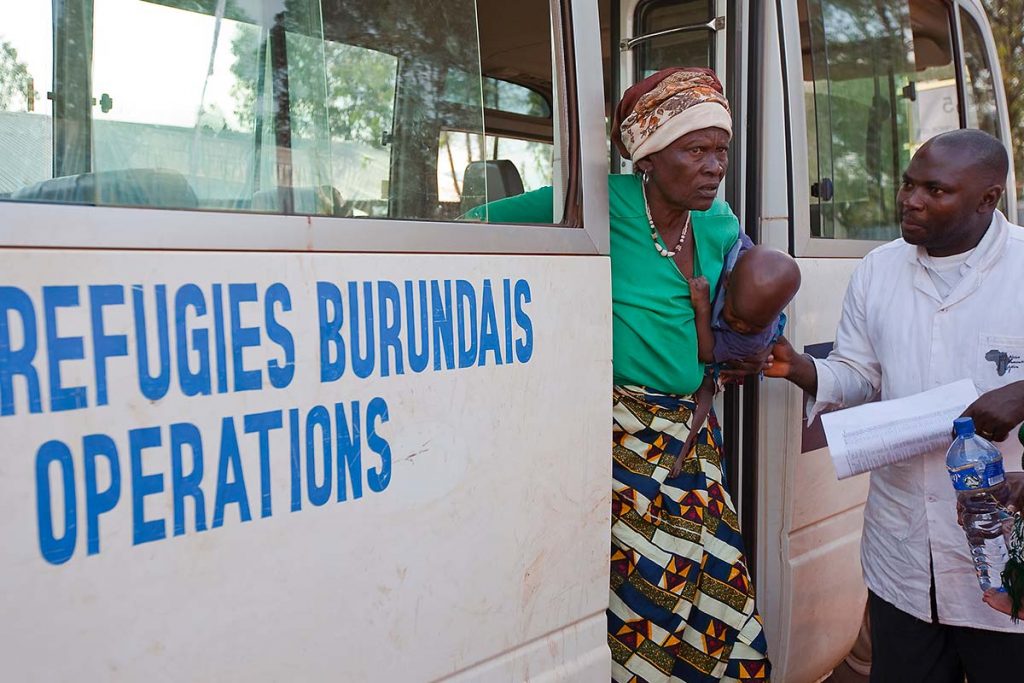
Enhancing coordination between state and non-state actors for greater inclusion and participation to mitigate conflict.
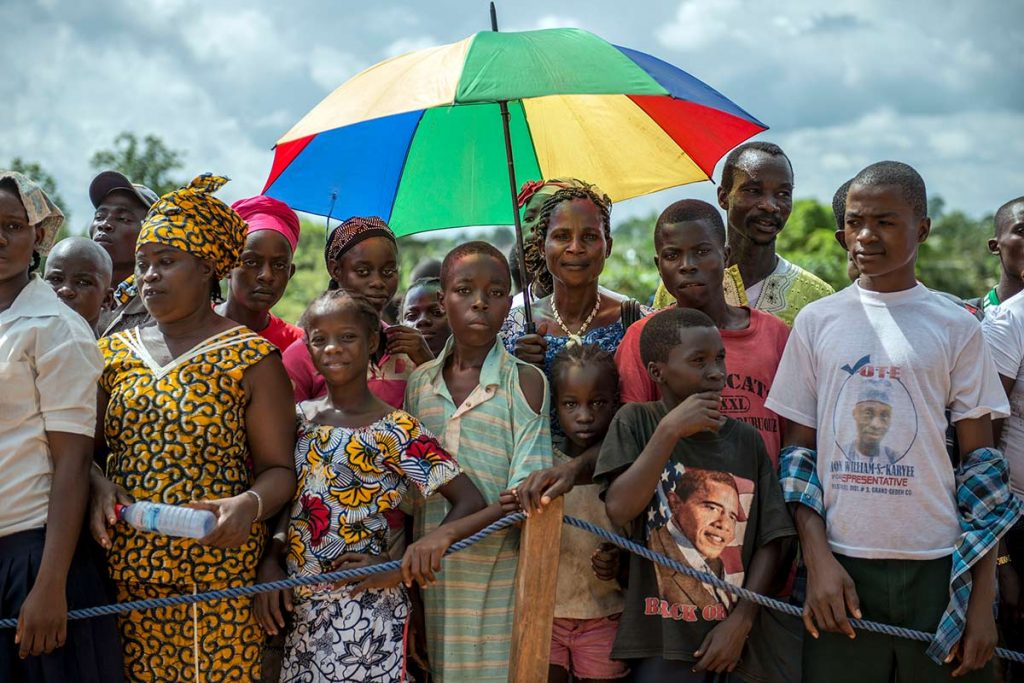
Analysing transitional justice processes in African societies where power-sharing was used as a tool to end protracted civil wars.
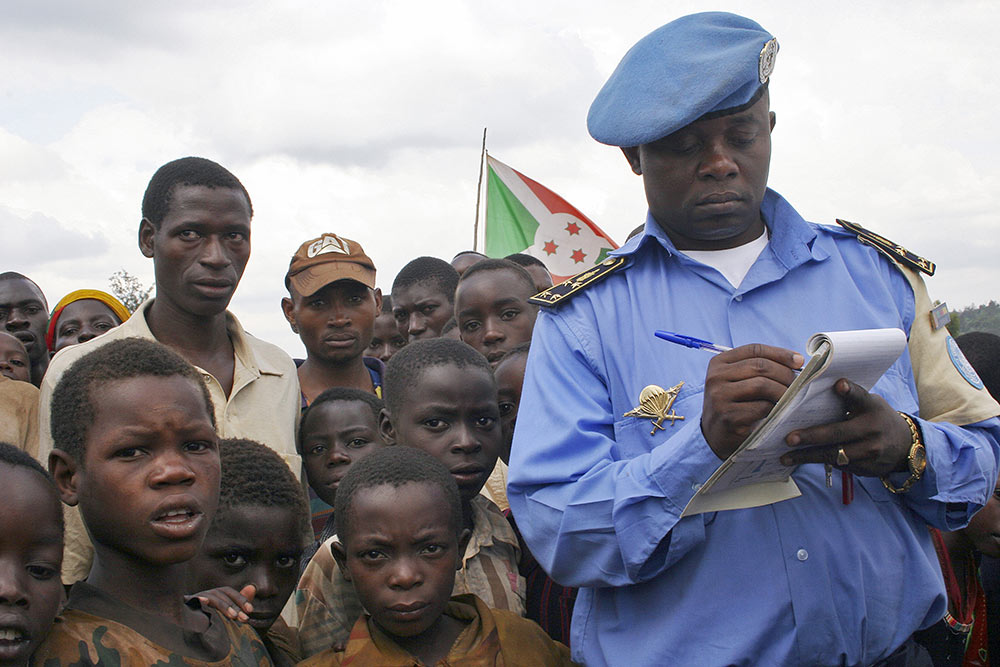
Meeting with stakeholders from university, NGOs and government to discuss the evolving nature of conflict across the African continent.
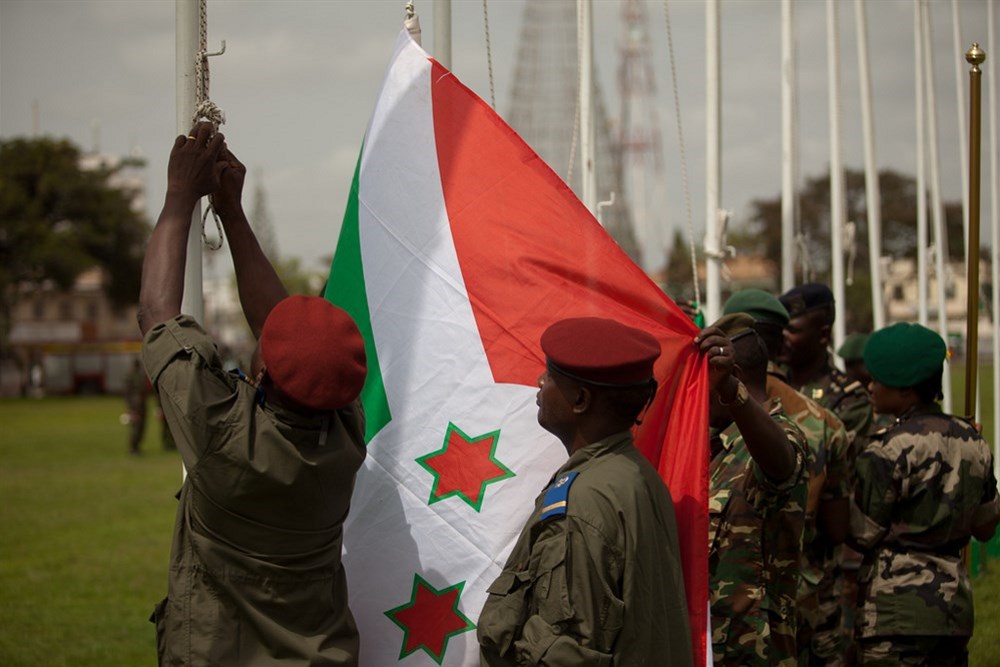
Vasu Gounden and Ambassador Wolfram Vetter discuss ACCORD’s continued work in Burundi and the rest of the Great Lakes Region.
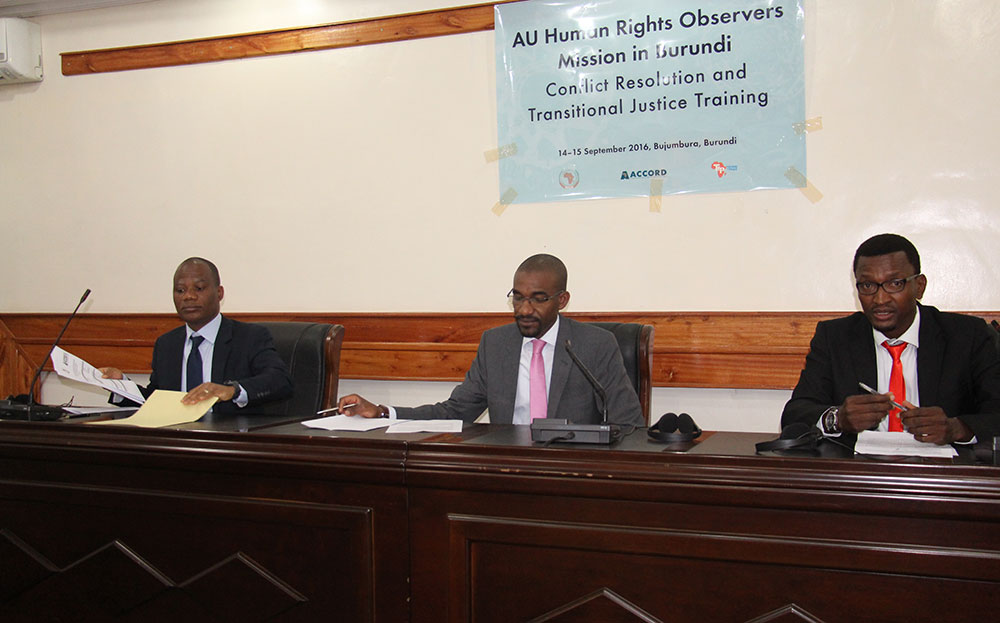
ACCORD’s Peacemaking Unit and Burundi Office train AU human rights observers in Burundi.
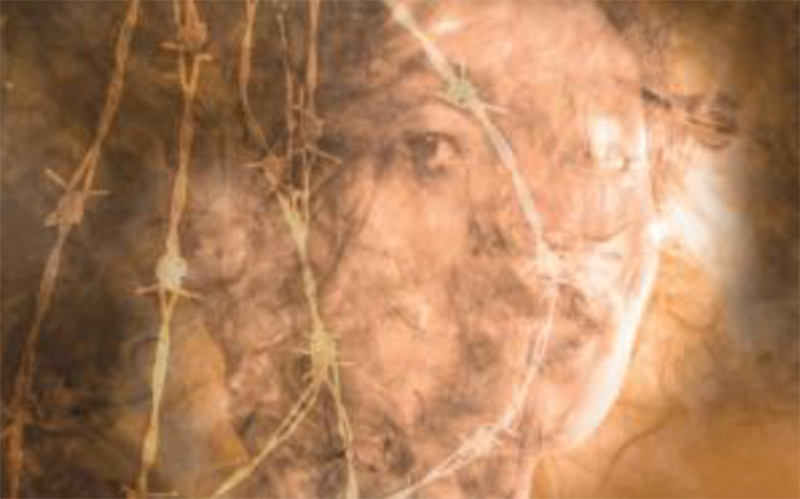
Eye-opening book co-edited by former Senior Researcher in ACCORD’s Knowledge Production Department.
